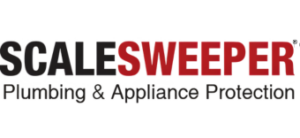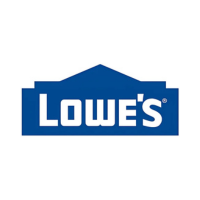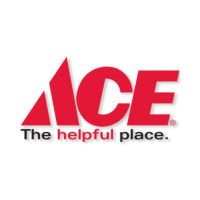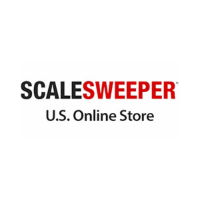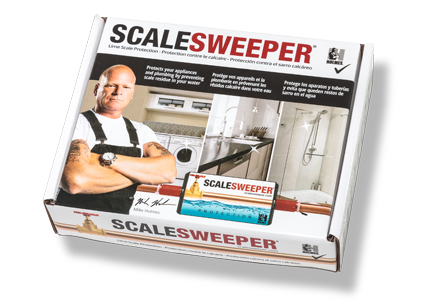In John J Delaney Homes NJ, hard water is more than a nuisance—it’s a widespread problem. For years, families have used a Water Softener System John J Delaney Homes NJ to manage mineral buildup, but there’s now a cleaner, more affordable solution.
Say hello to Scalesweeper, the innovative electronic solution that handles hard water the clean, easy, and salt-free way.
Thanks to lab-backed technology, Scalesweeper handles hard water safely and efficiently—great for homes and rental properties alike.
See how Scalesweeper protects pipes and boosts water quality. It’s your best bet when it comes to a Water Softener System John J Delaney Homes NJ with zero hassle.
Essential Insights
- Old-school softeners depend on salt to function, which leads to maintenance routines and added bills.
- You can count on Scalesweeper to prevent scale in your system—without relying on chemicals or harming the environment.
- By using frequency impulses, it adjusts the shape of mineral particles so they won’t stick to plumbing surfaces.
- Setup is quick and doesn’t involve any plumbing work.
- Available through trusted retail partners
Understanding the Hard Water Problem
Made up of minerals like calcium and magnesium, hard water isn’t harmful to drink—but it can slowly damage your plumbing and devices. Spotting the signs early can save money and headaches.
What Exactly Is Hard Water?
As water travels through underground layers, it gathers minerals that make it hard. The level of hardness depends on the region. Places with limestone-rich ground often have harder water. Knowing this is important when looking for solutions.
Blocked water flow from scale in heaters
Hard water leaves behind mineral deposits in plumbing and heaters, forming limescale. This buildup narrows water lines, lowers flow, and puts extra stress on your water heating system.
Appliance wear due to mineral buildup
Appliances like dishwashers and coffee machines suffer when limescale builds up. It lowers their performance, wastes electricity, and causes extra wear over time.
Rising utility costs from hard water
When your water heater has to work harder due to limescale buildup, it uses significantly more energy to heat the same amount of water. The U.S. Department of Energy estimates that even a 1/16-inch layer of scale can decrease heating efficiency by up to 12%. Over time, this added energy usage translates into noticeable spikes in your utility costs.
Frequent plumbing repairs
Hard water problems don’t stop at efficiency—they can lead to clogs, corrosion, and leaks in your plumbing system. Homeowners with untreated hard water often find themselves calling plumbers more frequently for issues that are directly tied to scale buildup. Replacing clogged pipes or damaged fixtures can become a recurring and expensive problem.
Rough skin and weak hair from minerals
Hard water minerals coat your skin and hair, leaving behind a layer that blocks moisture and stops products from rinsing clean. The outcome is dry, irritated skin and weak, dull-looking hair.
How a Water Softener System John J Delaney Homes NJ Typically Works
Traditional water softeners use ion exchange to solve hard water issues. They remove calcium and magnesium, replacing them with sodium. This makes the water softer. Knowing how these systems work helps us see their good and bad sides.
How Water Softeners Work
Here’s how a Water Softener System John J Delaney Homes NJ typically works:
- It sends water through a resin tank where minerals like calcium attach to the beads.
- Sodium ions replace them.
- A brine solution washes the beads clean when needed.
This process can extend the life of appliances and lower detergent use, but salt dependency can be a concern.
Common Disadvantages of Traditional Softeners:
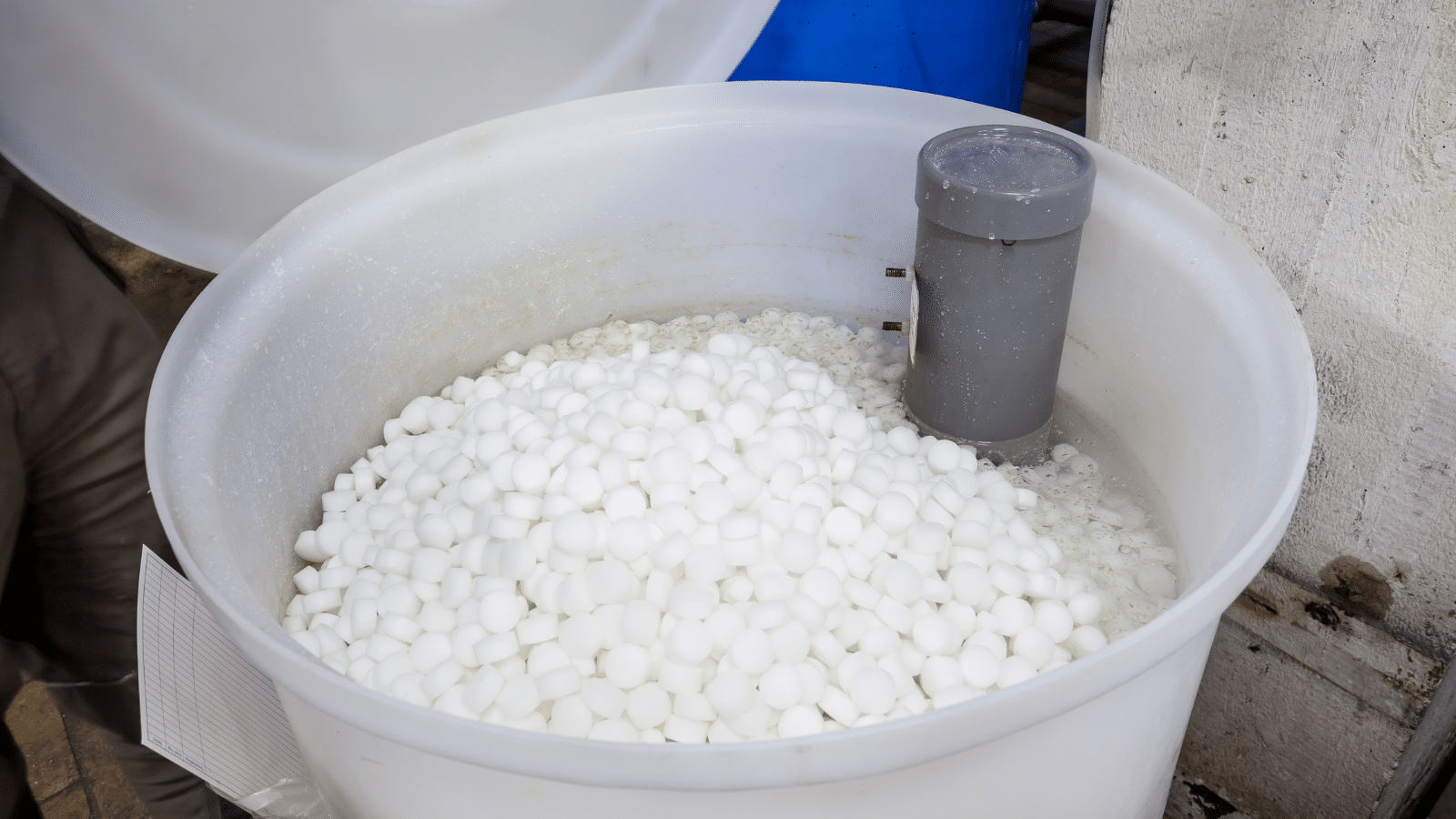
Salt usage
Salt-based softeners increase the sodium in your water, which may pose a risk for those on low-sodium diets or with heart conditions.

Bulky & Expensive
You’ll need extra room for a traditional softener, and between the pro installation and regular costs, the total adds up fast.
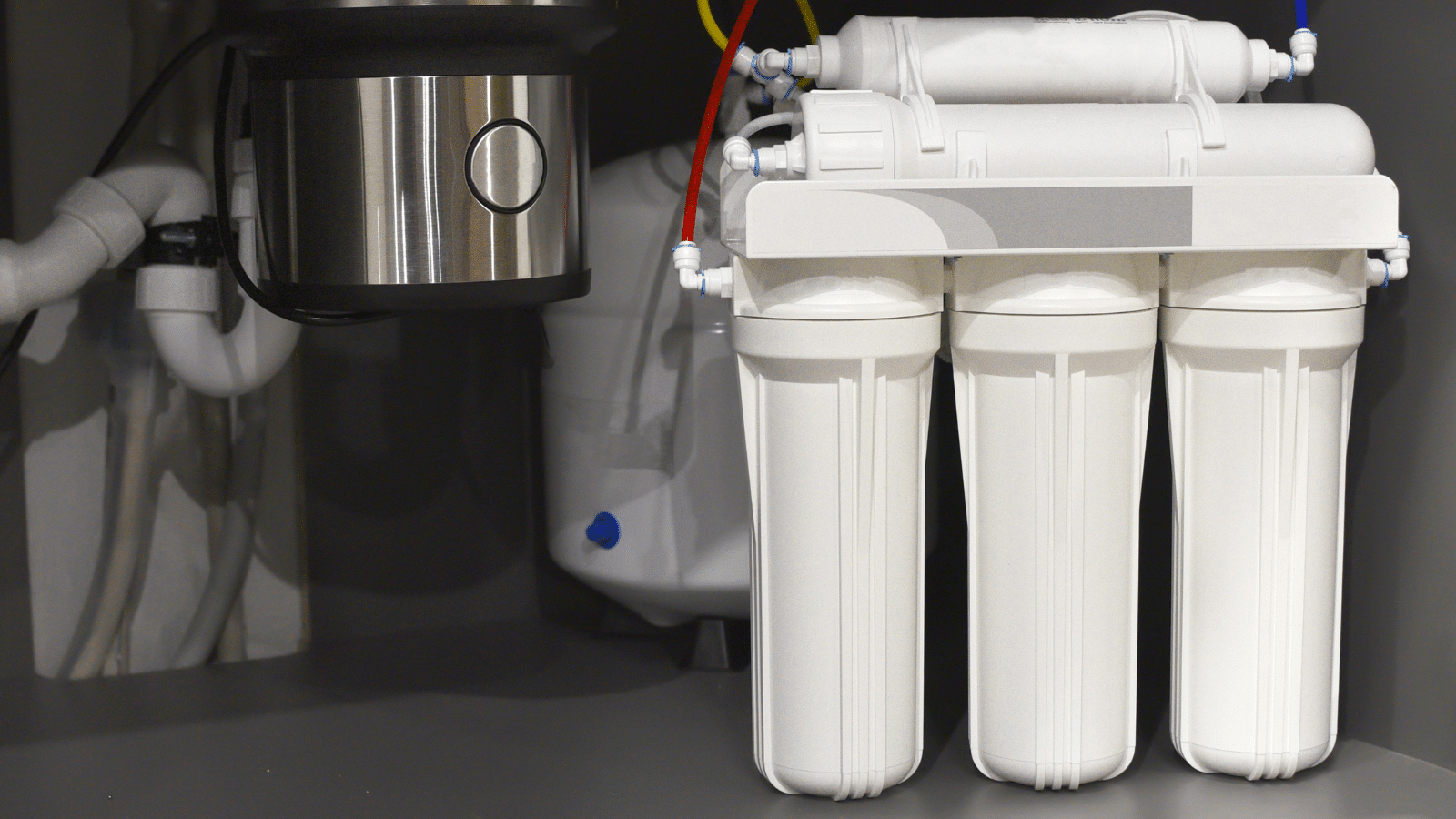
High maintenance
Traditional softeners aren’t set-and-forget—you need to keep adding salt, clean parts like the brine tank, and check the system often.

Water waste
Salt-based systems regularly backflush to stay effective, but that means wasting a lot of water and increasing your monthly bills.
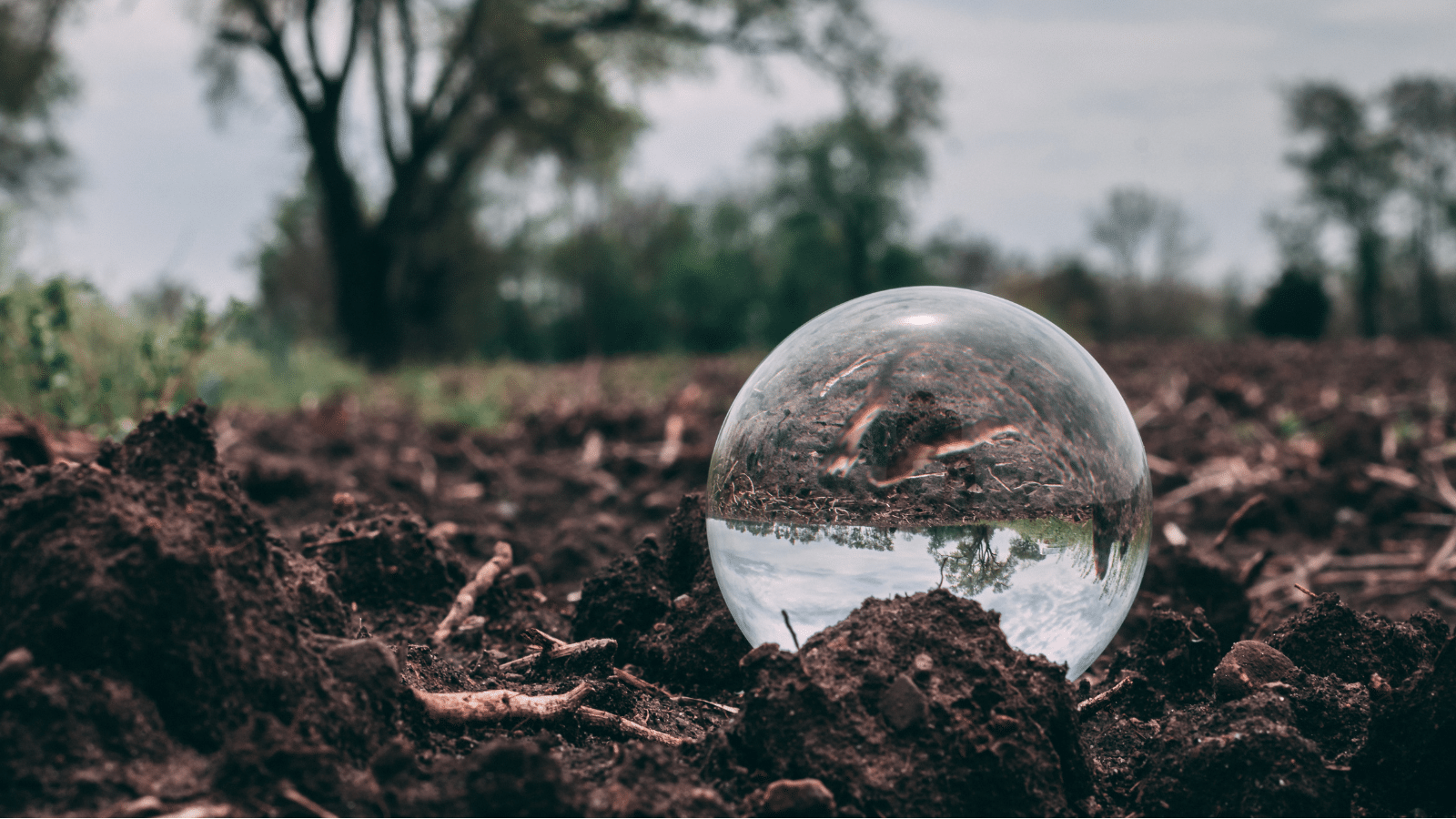
Environmental concerns
The salty water flushed from softeners can contaminate the environment, putting stress on ecosystems and municipal treatment plants.
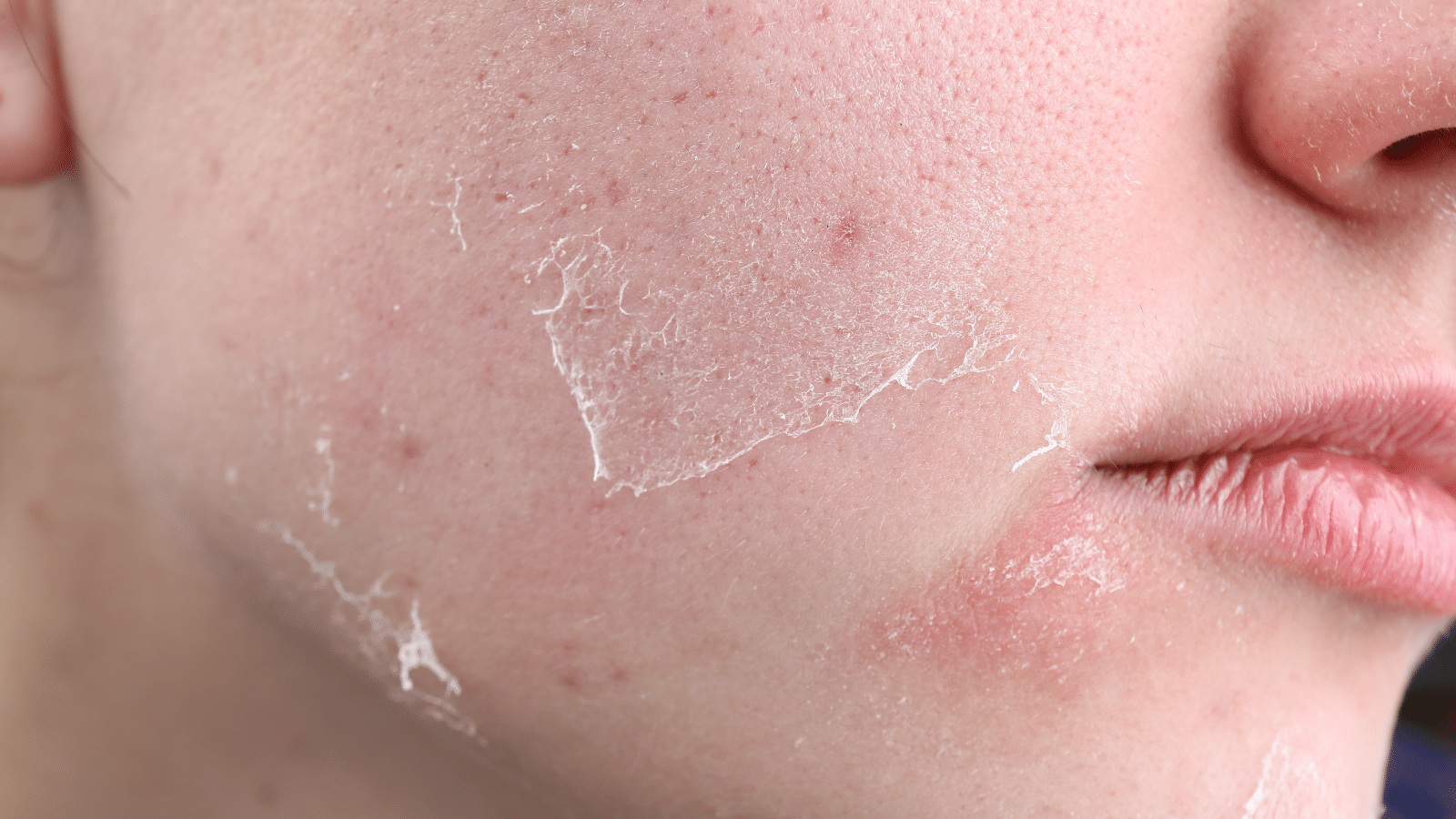
Limited Effectiveness
While these systems reduce minerals, they don’t eliminate all hard water issues—like lingering scale or dry skin and hair.
Still using a traditional water softener?
It’s time for a smarter solution.
Scalesweeper gives you all the protection—without the
salt, the waste, or the maintenance.
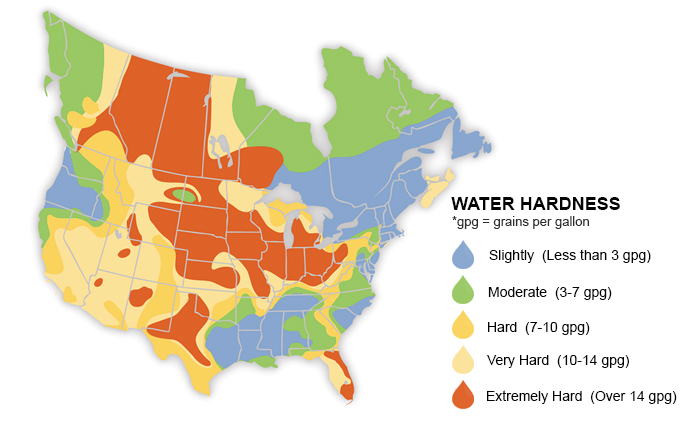
More than 85% of North American homes have hard water
As hard water flows through your home, minerals like calcium and magnesium stick to surfaces, forming limescale. It clogs pipes, coats faucets, and damages appliances, leading to reduced performance and shorter lifespans.
IDENTIFYING HARD WATER & THE ASSOCIATED ISSUES HOMEOWNERS FACE
- Hard water leads to higher heating bills and shortens the life of water heater parts
- Soap scum on bathtubs, shower tiles, and basins
- You have to re-wipe glasses after the dishwasher due to hard water marks
- Water residue leaves skin itchy and hair weak or limp after washing
- Decreased sudsing and cleaning capabilities of soaps and detergents, resulting in reduced life of clothing
- Mineral buildup forms on items like kettles, coffee makers, and pots
- Blocked pipes and devices from hard water cause weak flow and added repair costs
Discover Scalesweeper: The Better, Modern Alternative
Anyone exploring a Water Softener System John J Delaney Homes NJ should consider switching to Scalesweeper—a smarter, salt-free, and affordable alternative.
Unlike regular softeners, Scalesweeper uses electronic pulses to treat water without altering its chemistry or using salt.
With Scalesweeper, your home gets reliable protection from hard water—without salt, without chemicals, and without changing how your water behaves.
No chemicals, no salt—just clean performance
Zero maintenance needed—ever
Saves energy while protecting your home
Easy to fit and easy on your wallet
Forget big tanks and costly plumbing jobs—Scalesweeper is affordable, compact, and installs in minutes without a pro.
How Scalesweeper Works
- You place the device on the primary water pipe entering your house.
- Frequency impulses penetrate the water, altering mineral behavior.
- These adjustments keep scale from building up inside your system.
- Existing scale buildup slowly breaks down over time.

What to Expect
Day 1
Day 5 and Onwards
As scale loosens from your heater elements and tank, tiny particles are released. Most are too small to see, but a few may appear in the hot water from your tap.
Day 10 to 16
Cleaning smooth surfaces like tile, glass, and metal becomes easier. You’ll likely start using less soap, detergent, and softeners. Scale also begins to lift from faucets, showerheads, and hot water appliances.
Day 16 and Onwards
Over time, scale will keep breaking down on fixtures and pipes. As heating elements clear up, your water heats faster and uses less energy.
After 1 to 2 Months
Mineral stains and crust around faucets and toilets should lessen over time. New buildup won’t form, and mold on shower curtains tied to scale will stop returning after cleaning. In areas with hard water, full results may take up to 12 weeks, especially if scale has built up for years.
Long-Term
Benefits of Choosing Scalesweeper
When compared to a traditional Water Softener System John J Delaney Homes NJ, Scalesweeper stands out:
Mayor Advantages:
- No tools or plumbing changes needed
- Quick DIY installation (no plumber needed)
- Protects the good minerals while treating scale
- Safe water treatment—no salt or chemicals used
- Works safely with septic setups
- One-time purchase, no recurring fees


Who Loves Scalesweeper?
- Solutions for Property Owners Facing Hard Water
- For Rental Owners and Building Managers
- RV and Mobile Home Owners
- Ideal for Offices, Shops, and Commercial Spaces
Scalesweeper makes water protection simple, cost-effective, and available to all types of users.
Tired of living with hard water problems?
Scalesweeper protects your pipes and appliances—without salt, plumbing, or maintenance.
No Plumber, No Problem—Easy Setup for All
Installing the SCALESWEEPER yourself is as simple as 1-2-3 and takes less than 15 minutes.
NO TOOLS, NO PLUMBER AND NO PIPE CUTTING REQUIRED.
SIMPLY INSTALL, PLUG IN AND PROTECT.
Step One
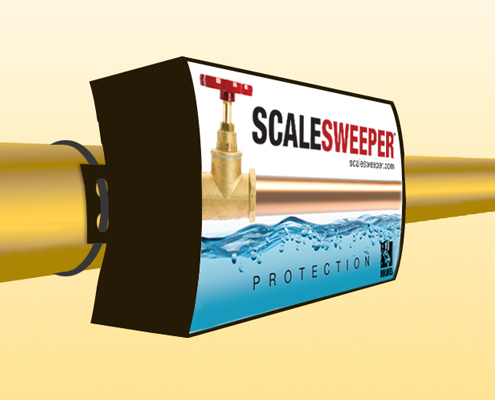
Attach the unit to the pipe near the main cold water inlet using the included tie-wraps—horizontal or vertical placement is fine.
Step Two
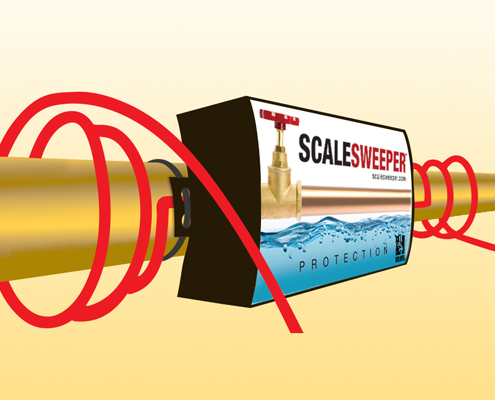
For optimal performance, wind one antenna clockwise and the other counterclockwise, securing them tightly. The tighter the wrap, the better Scalesweeper will perform.
Plug-in & Protect

Scalesweeper comes with a 15-foot 18-gauge wire and power adapter, but the wire length can be extended to 100 feet if needed.
Scalesweeper Maintenance and Longevity
Set It and Forget It with Scalesweeper
Durability and Lifespan of Scalesweeper
What Makes Scalesweeper the Smarter Alternative to Water Softener System John J Delaney Homes NJ
Lab-Tested Performance Backing Scalesweeper
- Slows and reverses mineral buildup inside plumbing.
- Keeps water feeling soft over the long term.
- Delivers stable water treatment with zero additives.

Comparison with Other Water Softening Alternatives
Reverse Osmosis vs. Scalesweeper
- Depends on steady, high pressure for optimal performance.
- Wastes water as part of the purification process.
- Can remove too many minerals, which is not great for drinking water.


Template-Assisted Crystallization vs. Scalesweeper
Template-assisted crystallization is a technology that controls mineral crystallization in water. It helps crystals stay suspended in water instead of forming deposits. Here are some important points about this method:
- May lose effectiveness if water conditions fluctuate.
- Requires more technical setup and has higher maintenance expenses.
- Results may be inconsistent based on local water quality.
Cost-Effectiveness of Scalesweeper
Better water doesn’t have to break the bank. Scalesweeper gives you strong results without the high cost of traditional softeners—and that means real savings.
Initial Investment vs. Long-Term Savings
- No ongoing purchases required for treatment materials.
- The maintenance-free design of Scalesweeper helps reduce long-term expenses.
- Protects appliances, reducing long-term repair expenses.
The overall value far outweighs the initial expense, especially when you factor in fewer repairs.
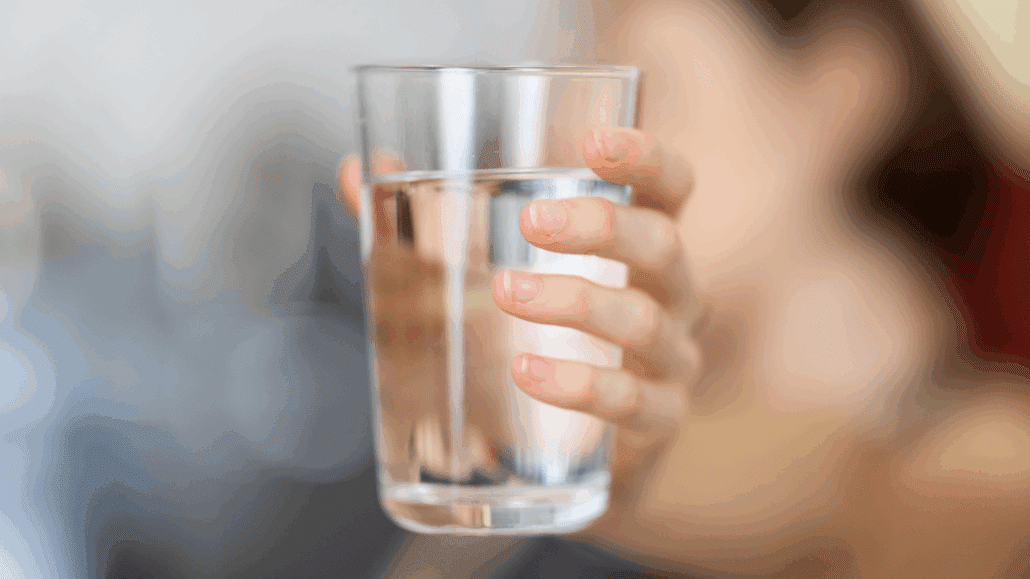

Comparison to Traditional Water Softeners
- Regular restocking of salt or chemical supplies.
- Higher utility bills because they use more water.
- Higher chance of breakdowns and service calls.
Conclusion
Dealing with hard water is key to keeping water quality high and appliances working long. This article looked at different water softeners, including traditional and advanced ones like Scalesweeper. Scalesweeper is the top choice for hard water, thanks to its smart design and green benefits.
With Scalesweeper, you avoid harsh chemicals and the hassle of routine maintenance. It protects your pipes, your appliances, and the environment—all in one solution.
If you’re ready to upgrade your water system, Scalesweeper is the smart alternative to a Water Softener System John J Delaney Homes NJ. Make the switch today.
FAQs
Can Scalesweeper replace a water softener?
Why choose Scalesweeper over salt softeners?
Does Scalesweeper need regular maintenance?
Can Scalesweeper be used for well systems in John J Delaney Homes NJ?
Where can I purchase Scalesweeper in John J Delaney Homes NJ?
From our trusted retail partners. Click here to view them.
